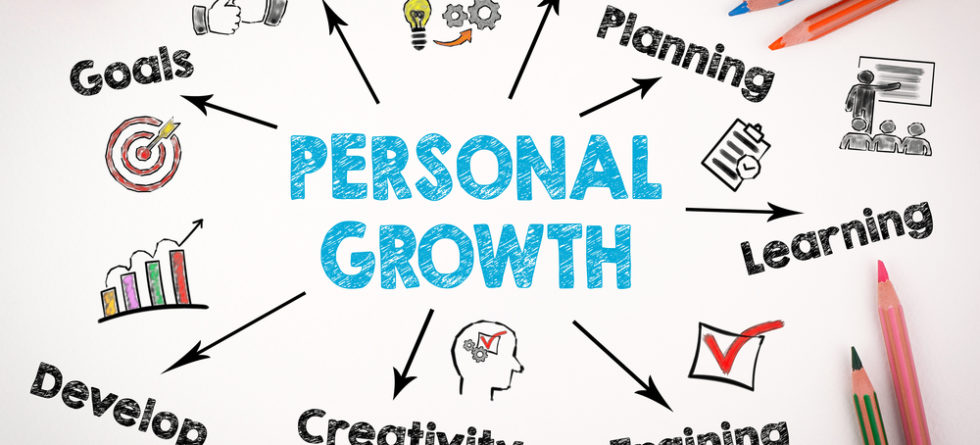Coaching tools are resources, techniques, and aids that coaches use to support their clients in the coaching process. These tools are designed to facilitate self-discovery, goal-setting, personal development, and problem-solving. Coaches use these tools to help individuals or groups explore their thoughts, emotions, and behaviors and to guide them in finding solutions and achieving their desired outcomes. Here are some common coaching tools:
- Questionnaires & Assessments – Coaches often use various assessments, such as personality assessments, strengths assessments, and self-awareness questionnaires, to help clients gain insights into their traits, preferences, and areas for growth.
- Goal Setting Worksheets – Tools for setting and clarifying goals, including SMART (Specific, Measurable, Achievable, Relevant, Time-bound) goal-setting worksheets, help clients define their objectives and create actionable plans.
- Journaling Prompts – Journaling prompts encourage clients to reflect on their experiences, thoughts, and feelings. Journaling can promote self-awareness and personal growth.
- Wheel of Life – This visual tool helps clients assess different areas of their lives (e.g., career, relationships, health) and identify areas needing attention and balance.
- SWOT Analysis – A SWOT (Strengths, Weaknesses, Opportunities, Threats) analysis helps clients assess their current situation and make informed decisions about their future.
- Visualization Exercises – Coaches may guide clients through visualization exercises to help them imagine their ideal outcomes and build confidence in achieving their goals.
- Feedback Models – Tools like the Johari Window or the SBI (Situation-Behavior-Impact) model can assist clients in giving and receiving constructive feedback effectively.
- Wheel of Emotions – This tool helps clients identify and express their emotions, fostering emotional intelligence and self-regulation.
- Time Management Tools – Tools like the Eisenhower Matrix or time-blocking techniques assist clients in managing their time effectively and prioritizing tasks.
- Values Clarification Exercises – These tools help clients explore their core values and align their actions with their values for greater fulfillment.
- Communication Skills Worksheets – Coaches may provide worksheets or exercises to improve clients’ communication skills, including active listening and assertiveness.
- Action Planning Templates – Templates for creating action plans help clients break down their goals into manageable steps and track their progress.
- Mindfulness & Relaxation Techniques – Coaches may introduce mindfulness exercises, relaxation techniques, or breathing exercises to help clients manage stress and increase focus.
- Role-Playing – Role-playing scenarios can help clients practice challenging conversations or situations and develop effective strategies.
- Visual Aids – Visual aids, such as charts, diagrams, or mind maps, can make complex concepts more accessible and help clients organize their thoughts.
Coaching tools are versatile and adaptable, allowing coaches to tailor their approach to each client’s unique needs and goals. They are valuable resources for promoting self-awareness, problem-solving, and personal growth during the coaching journey.







